Market Share
Smart Packaging Market Share Analysis
In the rapidly evolving landscape of the smart packaging market, companies are employing diverse strategies to establish their presence and secure a significant market share. Differentiation is a primary strategy where companies emphasize unique features or capabilities of their smart packaging solutions. This could involve offering innovative packaging designs with embedded sensors or RFID tags that enable real-time tracking, monitoring, and authentication of products. By positioning themselves as providers of cutting-edge smart packaging solutions, companies can attract clients seeking advanced and technologically integrated packaging options for their products, thus gaining a competitive edge in the market.
Many companies in the smart packaging industry are encouraged by the higher CAGR of the market. They’re also enticed by the fact that the market is lucrative in general. Thus, they are investing heavily in research and development to develop a new generation of technologies that will allow them to develop and market smart packaging that is environmentally friendly. This is expected to dramatically boost demand for this type of packaging in the future
Cost leadership is another essential strategy in the smart packaging market. Companies strive to offer cost-effective smart packaging solutions without compromising on quality or performance. Achieving cost leadership involves optimizing manufacturing processes, sourcing materials efficiently, and leveraging economies of scale. By positioning themselves as providers of affordable smart packaging options, companies can appeal to cost-conscious clients, particularly in industries where price sensitivity is high. However, it's crucial to ensure that cost savings do not compromise the functionality or reliability of the smart packaging to maintain customer satisfaction and trust in the long run.
Niche positioning strategies are also prevalent in the smart packaging market. Companies often specialize in providing packaging solutions tailored to specific industries or applications. For instance, a company may focus on smart packaging designed for the pharmaceutical industry, offering solutions that ensure product safety, integrity, and compliance with regulatory standards. Alternatively, a company might specialize in smart packaging for food and beverage products, addressing requirements for freshness monitoring, shelf life extension, and consumer engagement. By positioning themselves as experts in a particular niche, companies can cater to the unique needs of customers in that segment, gaining a competitive advantage and a larger market share.
Distribution and channel strategies play a vital role in market share positioning within the smart packaging market. Companies must establish efficient distribution channels to reach customers effectively. This may involve collaborating with distributors, wholesalers, or directly supplying smart packaging to manufacturers and retailers. Additionally, leveraging digital platforms and e-commerce channels can enhance accessibility and reach a global customer base. By optimizing distribution channels, companies can increase market share and competitiveness in the smart packaging market.
Branding and marketing efforts are essential components of market share positioning strategies in the smart packaging market. Companies must develop strong and recognizable brands that resonate with their target audience. This involves investing in branding initiatives that communicate the company's values, commitment to quality, and innovation in packaging technology. Marketing efforts should focus on showcasing the unique features and benefits of the company's smart packaging solutions, along with demonstrating how they address specific industry challenges and customer needs. By effectively branding and marketing their products, companies can differentiate themselves from competitors and gain a larger market share.
Customer experience and service are critical factors in market share positioning strategies within the smart packaging market. Providing excellent customer service, offering personalized solutions, and ensuring reliable post-sales support are essential for building strong relationships with clients. Companies must prioritize responsiveness, flexibility, and transparency to meet the diverse needs of customers and ensure their satisfaction. By positioning themselves as dependable partners who prioritize customer success, companies can enhance their reputation and gain a competitive edge in the smart packaging market.


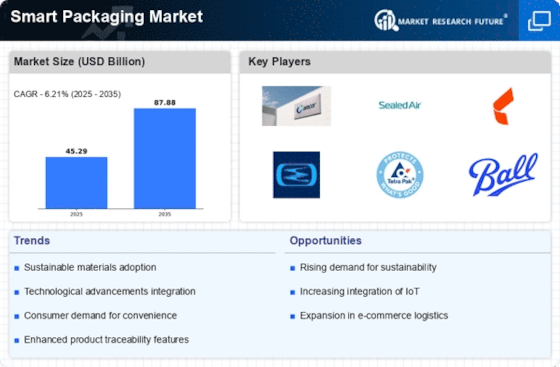
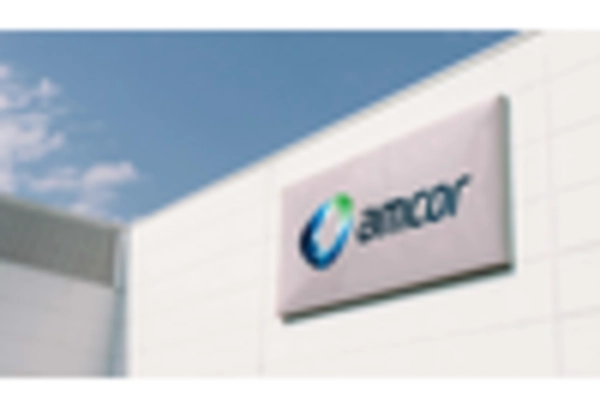

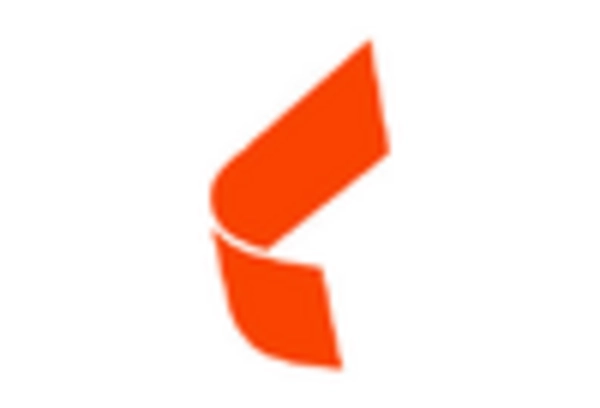
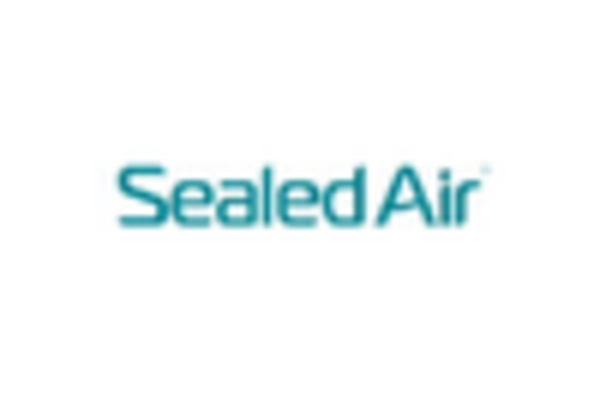

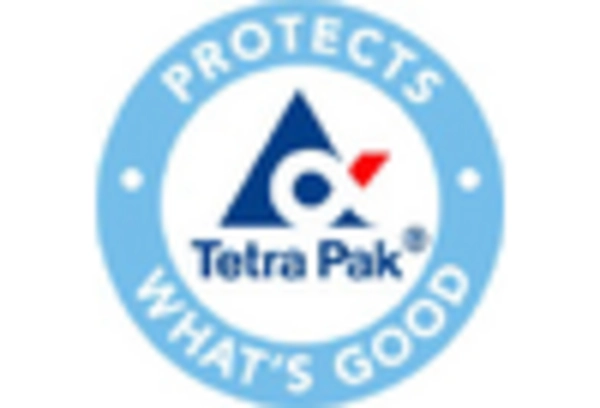









Leave a Comment